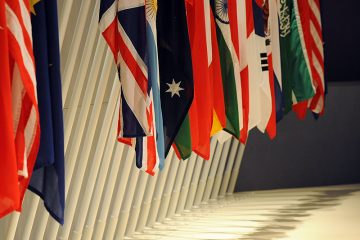What if We Talked about Foreign Policy? Italy’s Opportunities for Global Leadership in 2021
After the Cold War and the fall of the First Italian Republic, Italy struggled to formulate a coherent foreign policy strategy. Generally, foreign policies at global level during the Cold War era were dictated by the bipolar relationship between the United States and the Soviet Union. Italian foreign policy, therefore, was a function of the United States’ sphere of influence and interests, and Italy was often a bridge and interlocutor for the Americans to the Middle East or Eastern Europe. With the collapse of the bipolar system and the disintegration of the major Italian political parties that were the core political actors in the aftermath of World War Two, Italian foreign policy was partially dictated by individual figures and was …

On the Margins: Meetings to Watch at the Hamburg G20
Summits are not just — or even mostly — about what happens in the formal leaders’ meetings. What happens on the sidelines often has the largest effect on steering the course of international politics. This is the first year that the G20 summit could end up as a failure, advancing little in the way of substantive progress on the global governance agenda, chiefly owing to the group now having to contend with Donald Trump taking America’s seat at the summit table. Trump’s ‘America First’ agenda — typified by its economic protectionism and rejection of the established multilateral order — is entirely antithetical to the G20’s previous commitments to reject protectionism and safeguard the liberal, rules-based, multilateral governance order. This year’s G20 …









